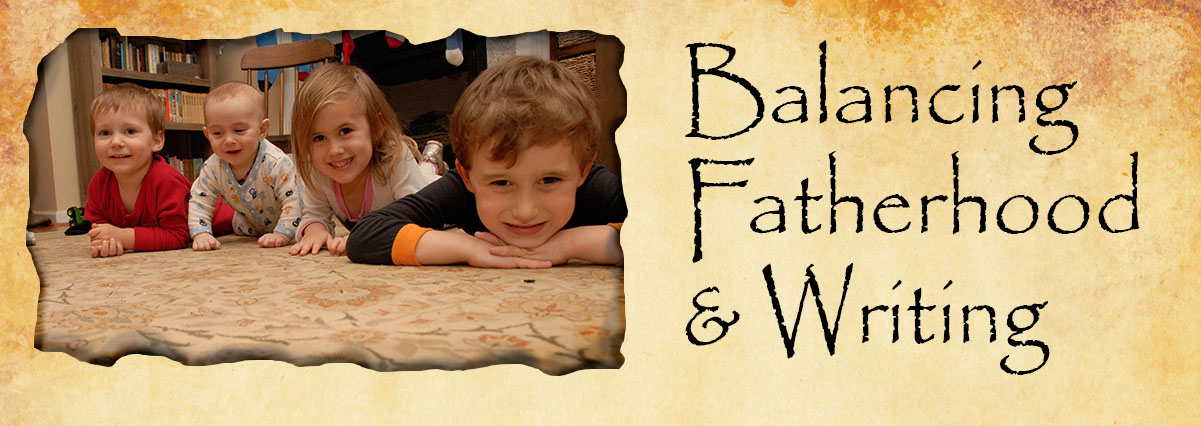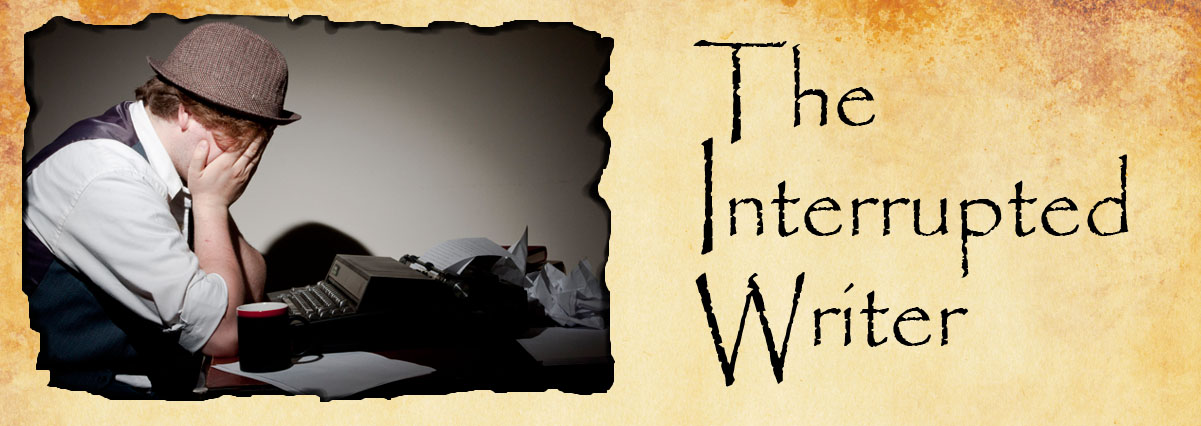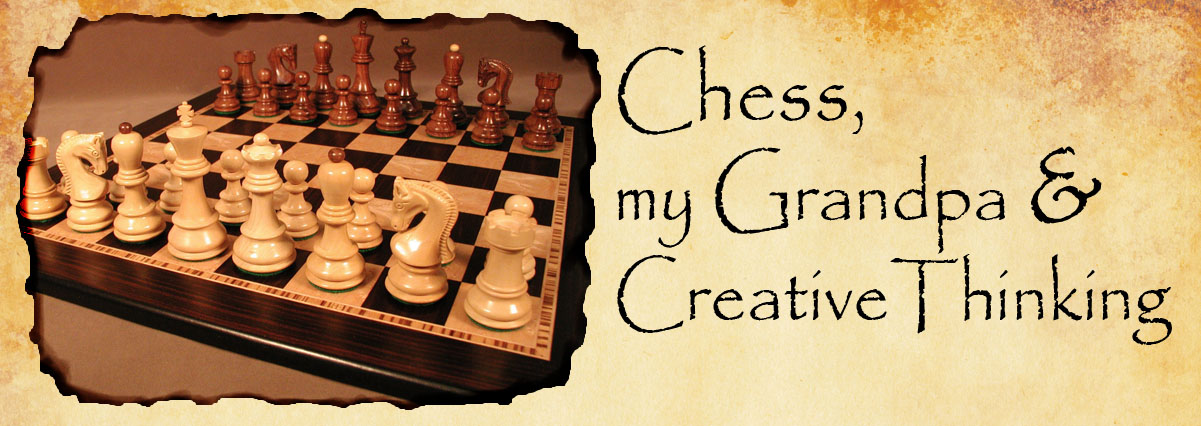Balancing fatherhood and writing
It is not always easy for me to admit the areas of the writing life that I find difficult. But one such area is a direct result of being the father of four wonderful yet energetic kids. These little ones are precious to me and they are a heavy responsibility. God has entrusted them to my care, leaving me without excuse to be with them through the good times and the bad. But though juggling fatherhood and writing is not easy, its blessings outweigh its challenges.
My dad worked two to three jobs throughout my growing up years. He worked hard and even though I could tell that he was often worn out, he still kept his arms open and the spirit of a child in his heart. He loved his children (he still does). Nothing seemed to be more important to him than our dreams, our education and our Christian upbringing. In the midst of all his work I always saw that struggle between his love for his family and his hearty work ethic.
Today, I attribute much of my balance of family and work to my father’s legacy. There is no greater gift that a father can give than to set an example for his children to follow of a hard-working attitude.
Before I was married I filled my “free” time with writing. Soon my wife and I had our first child. He has been a great blessing, but I must admit that being a writer in conjunction with children, especially when they are restless or sick, limits my creative time a lot more than I realized it would. One of my youngest has been restless the last few nights, so my routine has been practically non-existent. I work my day job, get home some time in the evening, then tuck the kids in bed after watching an old show with them. Normally I like to work on writing after everyone is in bed, but sick kids and restless kids change that.
Remarkably I think I am getting better at juggling the two. After all, the challenge is making the time and continually reminding yourself that you are doing this to provide for your family.
So for now I accept this stage of life as a means of maturing as a man, learning more about humanity, developing greater patience, and in all of these things I find that I continue to improve as a writer. The key is to write in the moments, being willing to sacrifice sleep where needed in order to get the writing done. And that is certainly the greatest challenge: getting the writing done. It is easy to put it off instead of sitting down and pouring out the writer’s soul.
Through this more challenging period of life we writers can grow into better storytellers. The children only add to our growth and our imagination. I find that my children are growing quickly their imaginations. And their creativity is feeding me with fresh writing material every day.
Q: Do you know writers who are young parents, or are you one yourself?



